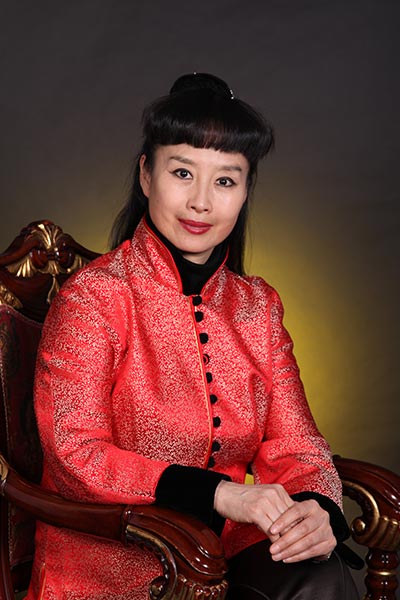

 |
|
Sun Ping. Photo provided to China Daily |
After 2000, she tried combining Peking Opera with various art genres in the United States. The most notable is probably her mix of Peking Opera's vocalization and symphony.
Sun plans to bring more than 100 Peking Opera shows to Lincoln Center in New York in the near future. Though details of the negotiation have not been revealed, she confidently predicts it will likely be the biggest Peking Opera event in the US since Mei Lanfang's tour in the 1930s.
"If Peking Opera is only performed overseas accompanied by short-term cultural communication programs, its influence will be very limited. If we really want to create a success, we need at least three months' consecutive performances."
She says despite stage success overseas, Peking Opera lacks a proper presence in the academic world.
This is why Sun established the Chinese Operas Studies Center in 2007. An ongoing publishing project of 100 Peking Opera Classics also released her team's ambition to have the world's first English encyclopedia on Peking Opera. The first two volumes have been published since 2012.
Sun is also in charge of a program, kicking off in 2014, that will study some 30,000 Peking Opera scripts, costumes and relevant cultural relics stored in Beijing's Palace Museum. A bilingual (Chinese and English) book introducing those collections will be released in 2016, and other publishing projects will follow in the next few years.
"If their cultural contexts remain unexplained, they are only cultural relics, but the research will turn them into living treasures.
"Peking Opera is not a sub-genre of Western opera, its original Chinese name of jingju should be kept in the English-speaking world, just like Japan's kabuki," Sun says. "Maybe, it will happen after our ongoing works are finished."